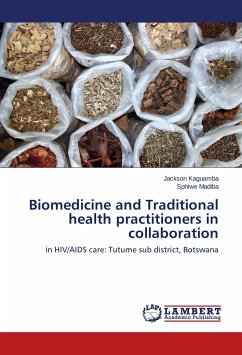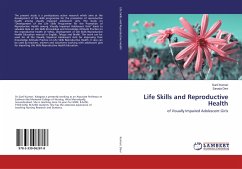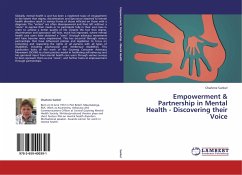Attempts to bring the biomedical and traditional health care together for people living with HIV began in the early 1990s by the WHO. There is however still few collaborative efforts between BHPs and THPs for HIV/AIDS prevention in many countries in Africa. Such is the case with Tutume sub district in Botswana, where collaboration between BHPs and THPs is low. The low collaboration between BHPs and THPs was attributed to lack of awareness of the policy on traditional medicine, lack of clear guidelines on frequency of collaborative meetings and negative attitude of BHPs towards THPs. Majority of BHPs has negative attitudes towards THPs, they do not trust THPs with patients and were willing to collaborate through patient referrals and exchange of biomedical skills. On the other hand, THPs have a positive attitude towards collaboration, majority view BHPs as colleagues and were eager to learn biomedical skills and refer patients to BHPs. In planning for collaboration, the willingness of THPs to learn some biomedical skills suggest that THPs would be receptive to knowledge concerning HIV/AIDS and represents a unique opportunity for collaboration.
Bitte wählen Sie Ihr Anliegen aus.
Rechnungen
Retourenschein anfordern
Bestellstatus
Storno








